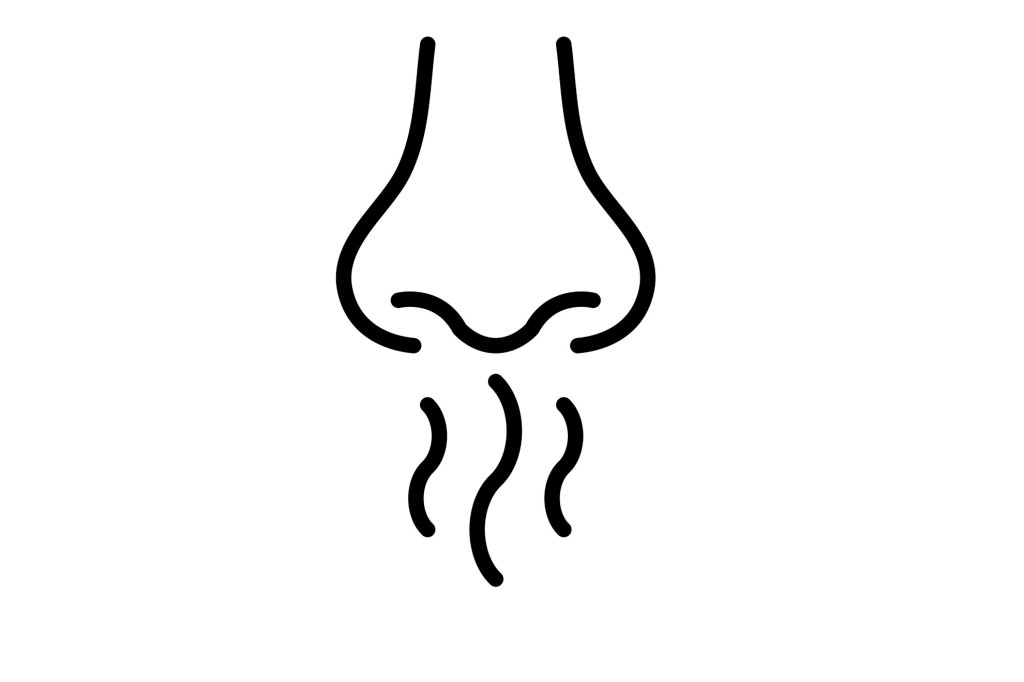
Findings
Insights, discoveries, and analysis from Harvard scholars and scientists.
-
 Health
HealthSix cancers rising faster in younger adults than older ones
Large new global study fuels growing concern over trend of increases in several types
-
 Science & Tech
Science & TechCan a chatbot be a co-author?
Physicists take souped-up ChatGPT out for a spin, return home with significant discovery
-
 Science & Tech
Science & TechA ‘cocktail’ recipe for brain cells
Stem cell biologists discover how to regenerate type damaged in ALS, spinal cord injuries
-
 Health
HealthDrinking 2-3 cups of coffee a day tied to lower dementia risk
Caffeinated tea also found to slow cognitive decline in study
-
 Science & Tech
Science & TechBreaking chess’s rating stalemate
Ranking skill can be tricky when the best players draw more than they win, so a Harvard statistician invented a new method
-
 Health
HealthNew AI tool predicts brain age, dementia risk, cancer survival
Unlike other AI models, BrainIAC needs limited data to ID key neurological health indicators
-
Wildfire smoke can harm heart and lungs even after the fire has ended
First study to fully assess its impact on all major types of cardiovascular, respiratory diseases

-
Social media fueled divisions. Teaming up may help heal.
Study finds pairing members of opposing parties on the same side to compete in specially designed quiz eases partisanship
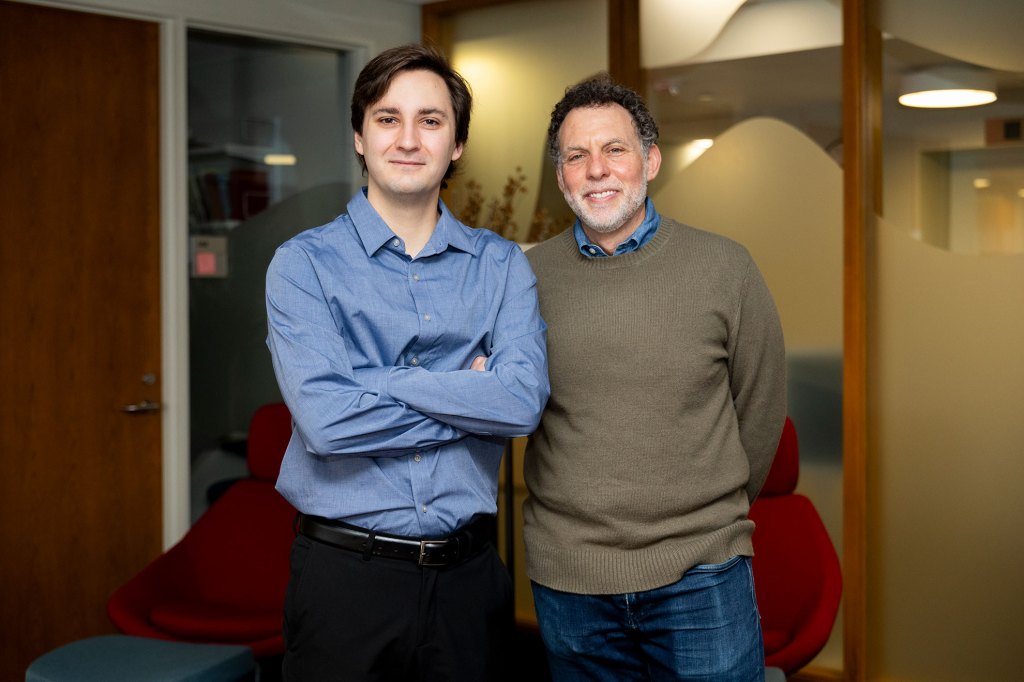
-
Vitamin D supplements may slow biological aging
Trial shows protection against telomere shortening, which heightens disease risk
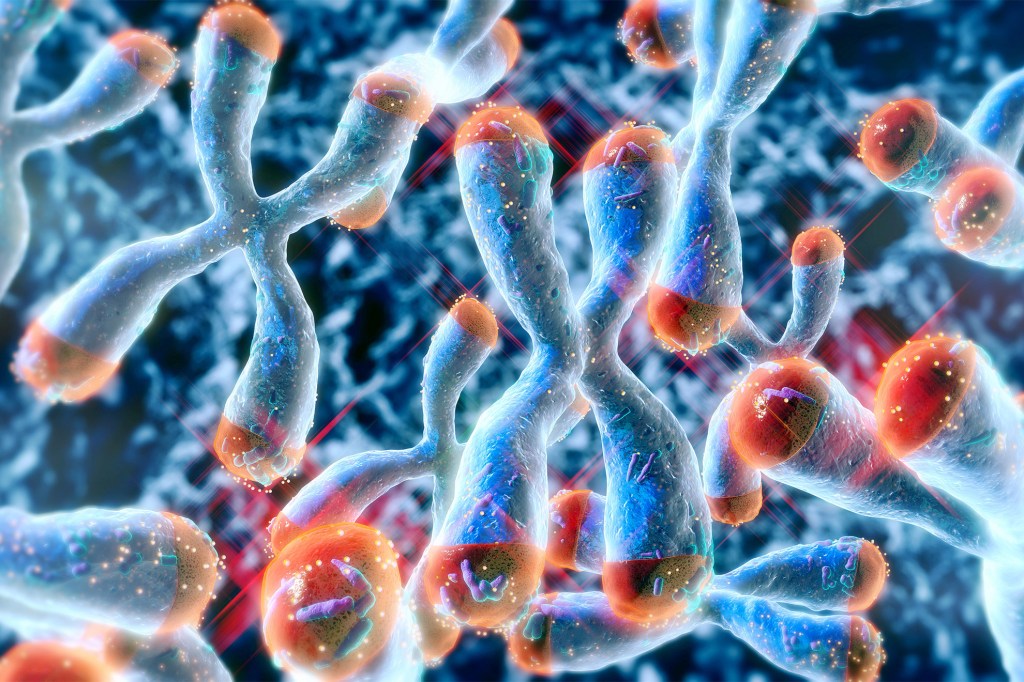
-
‘We have a way of steering a fly like you would a car’
Geneticists find method to turn tiny bugs into living robots
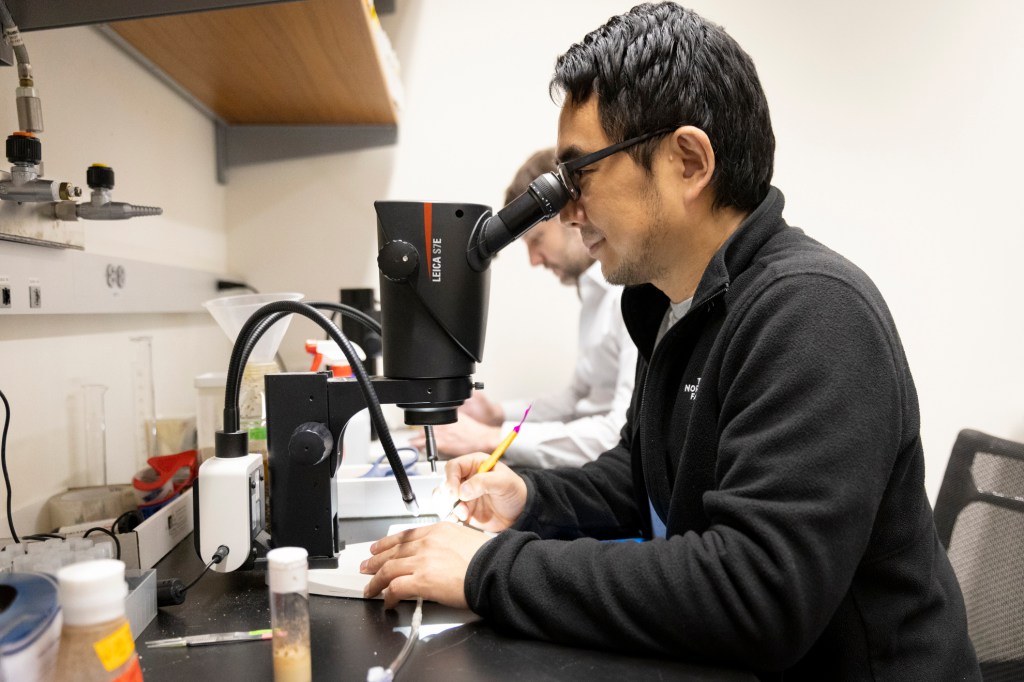
-
Do ultra-processed foods increase Parkinson’s risk?
New study finds people who consume higher servings are more likely to show early signs of the disease

-
‘Smoldering’ cardiovascular crisis
Downward trend in deaths appears stalled due to lack of urgency among doctors, patients, along with healthcare barriers
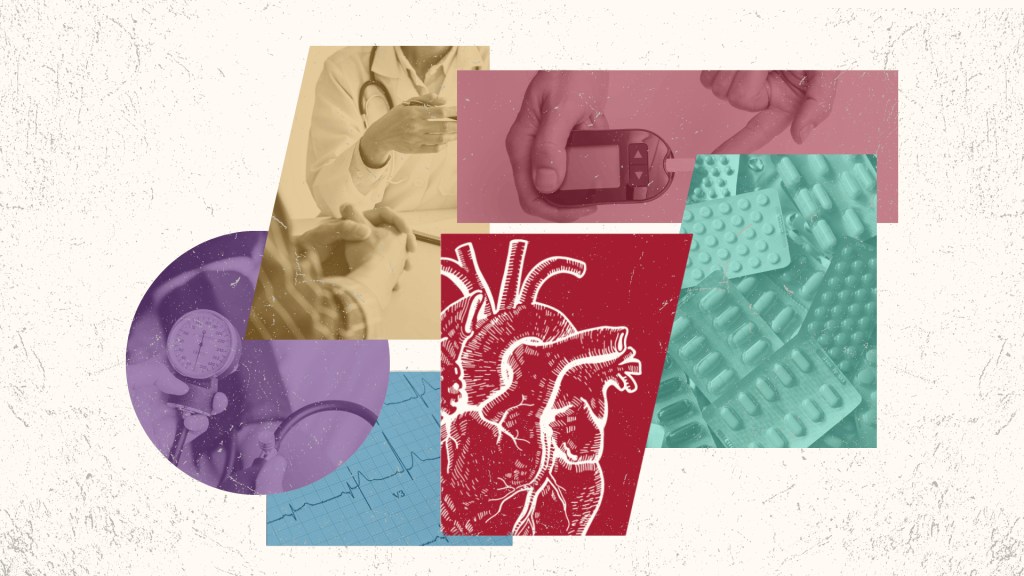
-
New AI tool predicts biological age by looking at a face
Deep-learning algorithm FaceAge uses snapshots, can help oncologists tailor treatments

-
Tracking precisely how learning, memories are formed
Groundbreaking new technique may offer insights for new therapies to treat disorders like dementia
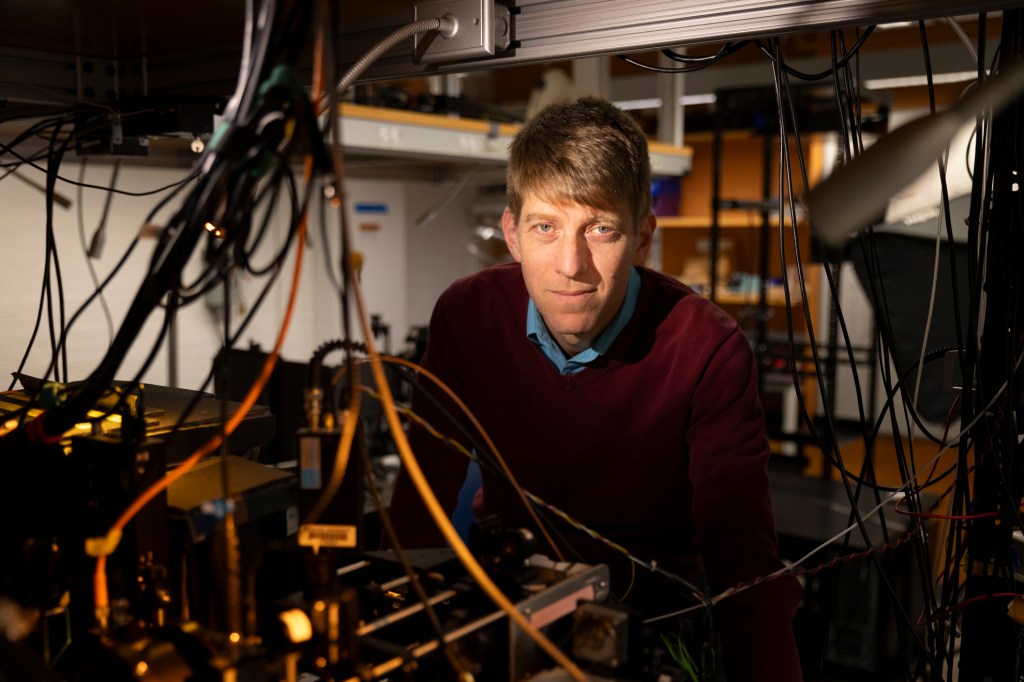
-
Earlier warning on pediatric cancer recurrence
AI tool does a better job predicting relapse risk than traditional methods in Harvard study

-
How hot is too hot?
Teaming up with grassroots organizers in India, Harvard researchers are collecting data to help workers adapt to dangerous spikes in heat

-
More proof that money isn’t everything
Major global study of flourishing ranks wealthy, lower-income nations, reinforces concerns over well-being among youth
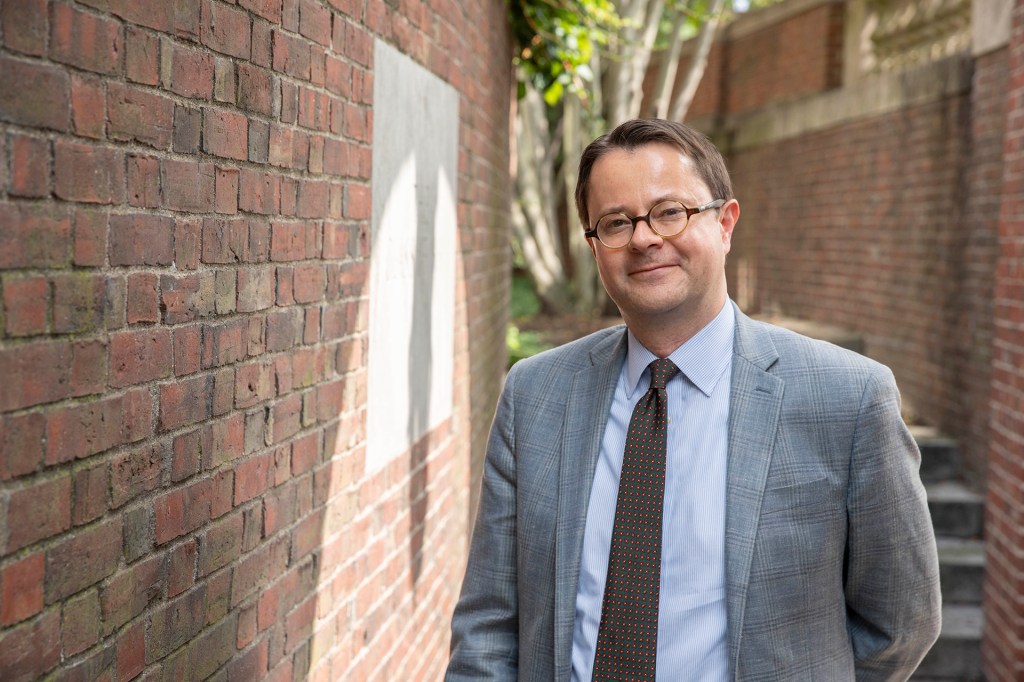
-
Turns out, bonobos ‘talk’ a lot like humans
Researchers compile dictionary of vocalizations suggesting the animals use equivalent of word compounds, phrasings to communicate complex social situations
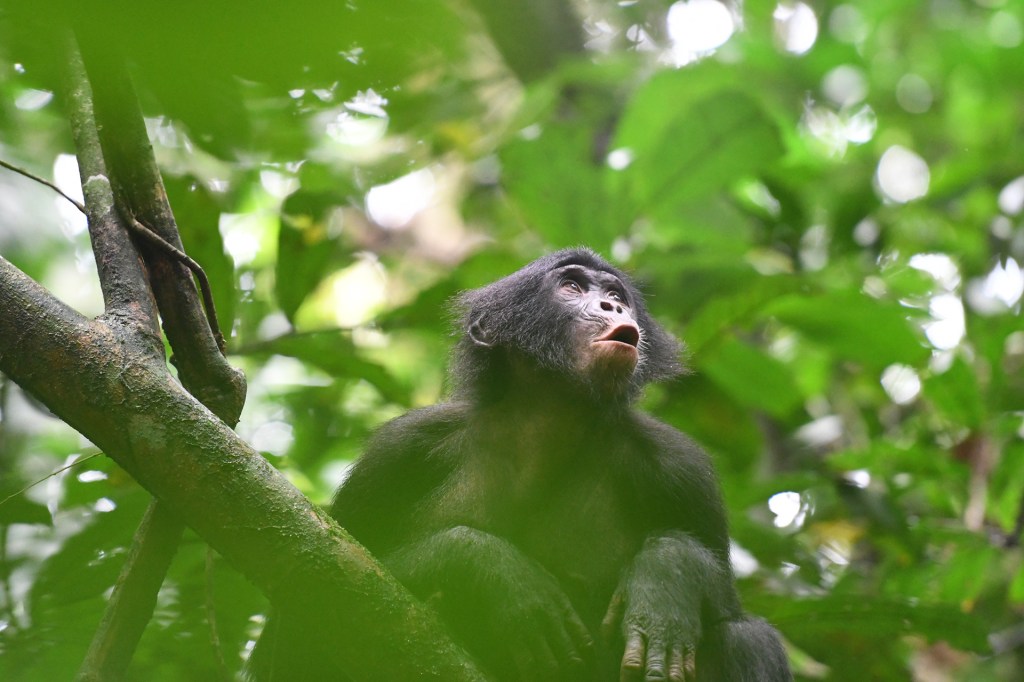
-
Bile imbalance linked to liver cancer
Key molecular switch identified, sheds new light on treatment interventions
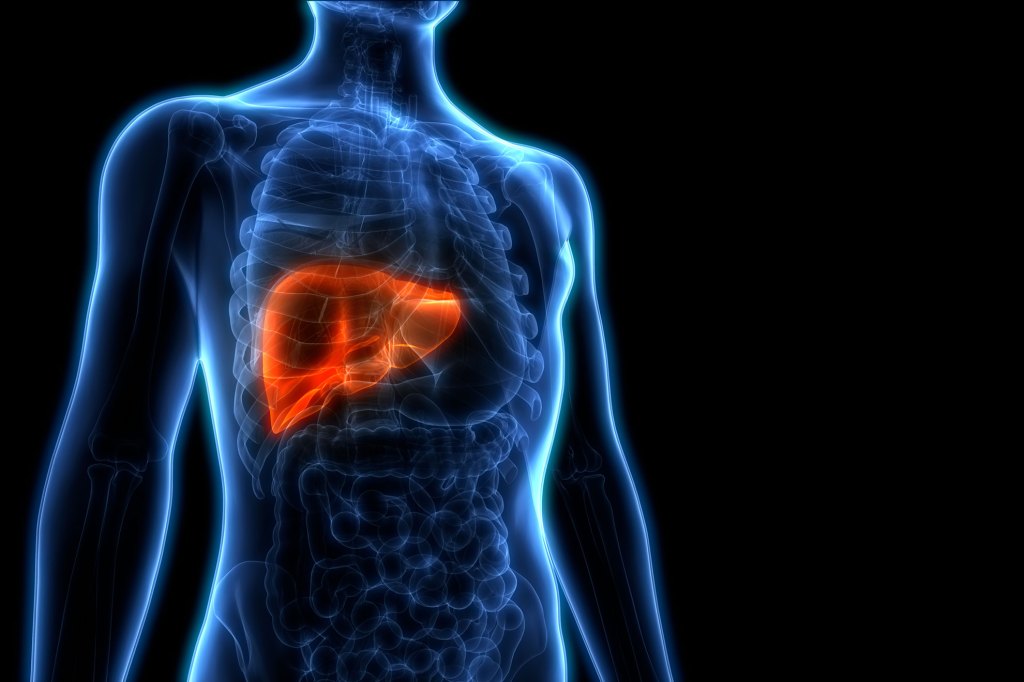
-
FDA-approved smoking cessation pill helps break vaping habit
Clinical trial shows teens and young adults had three times more success quitting than their placebo counterparts

-
Stopping the bleeding
Terence Blue has spent his life managing hemophilia. A new gene therapy offers relief from constant worry and daily needles — ‘I am actually healing faster than I ever have.’
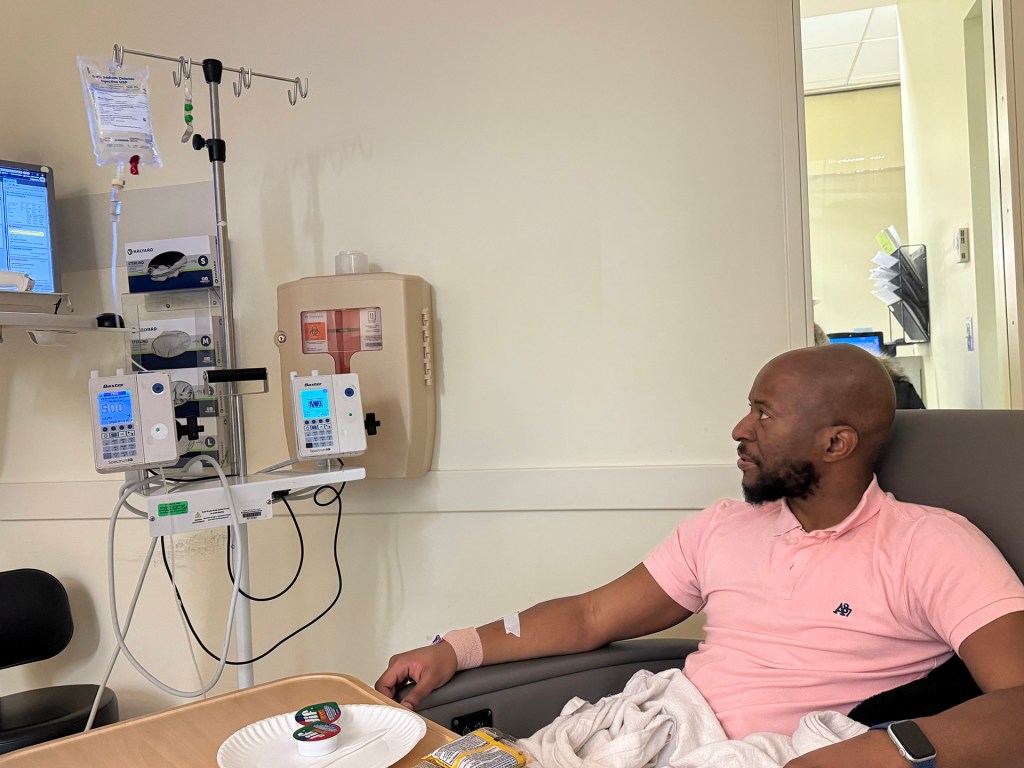
-
Immune-system strategy used to treat cancer may help with Alzheimer’s
Turning off checkpoint molecules freed microglia to attack plaques in brain, improved memory in mice
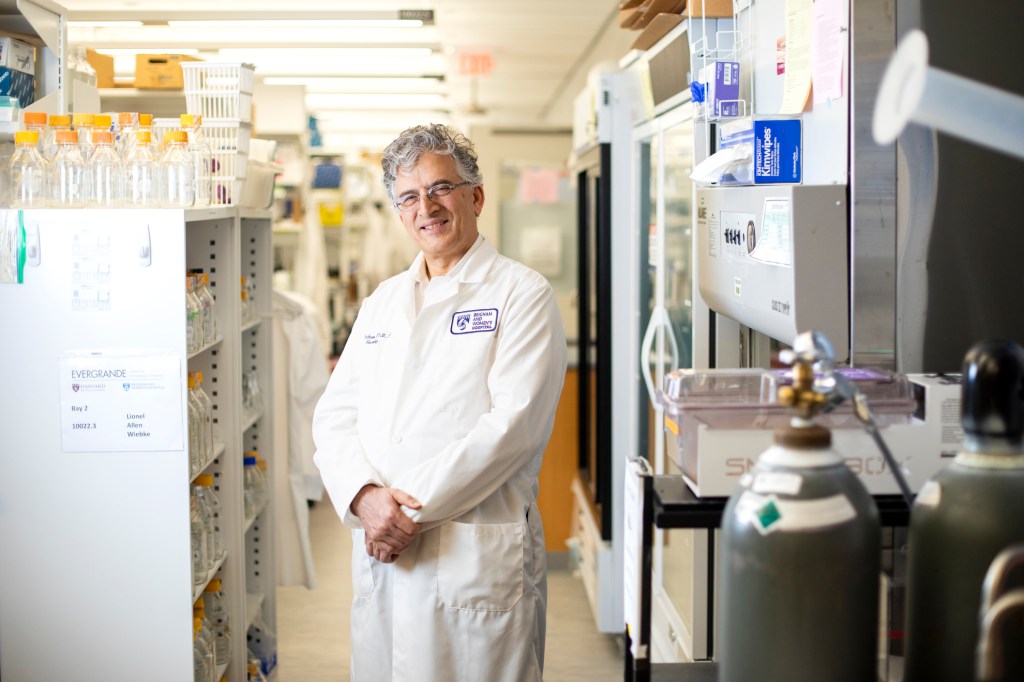
-
Hunting a basic building block of universe
Researchers find way to confirm existence of axions, which make up dark matter
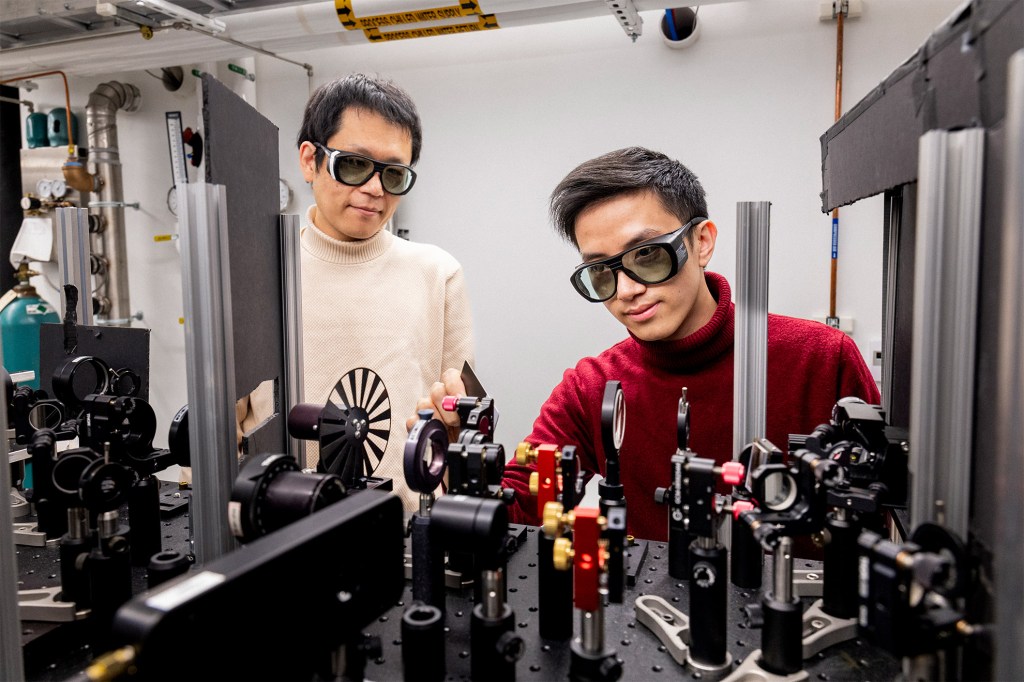
-
Helping the U.S. fight addiction, cancer, other afflictions
A snapshot of research backed by partnership between government agencies and higher ed
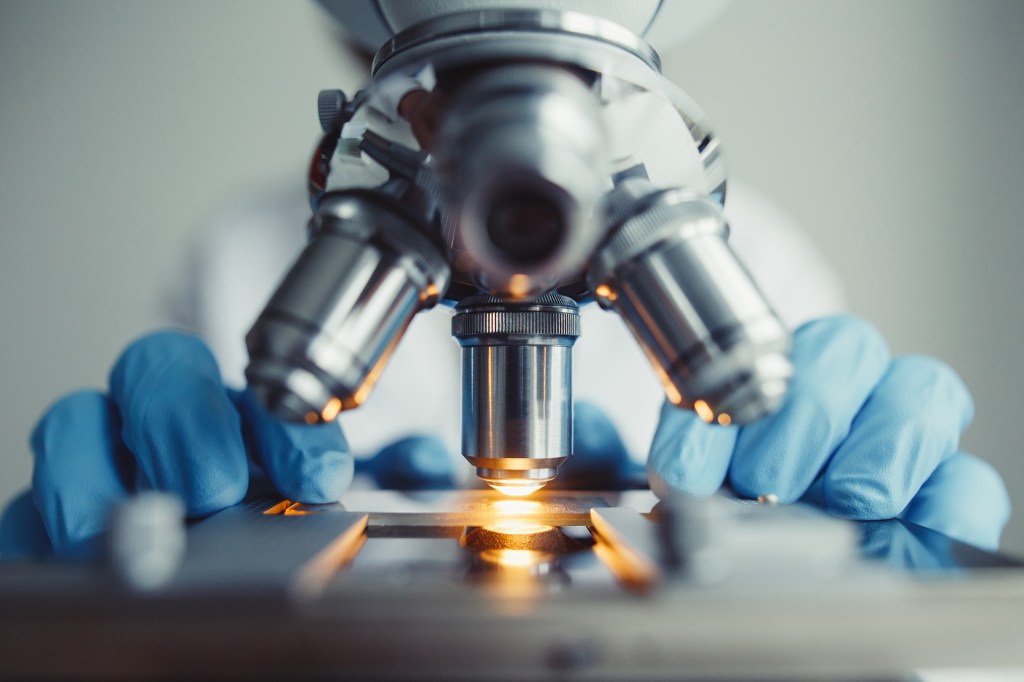
-
Is dining with others a sign of happiness?
Shared meals may be a more reliable indicator of well-being than income, Kennedy School researcher says

-
Researchers ID genetic disorders that can be treated before birth
Timely detection could reduce morbidity, offer opportunities for early intervention
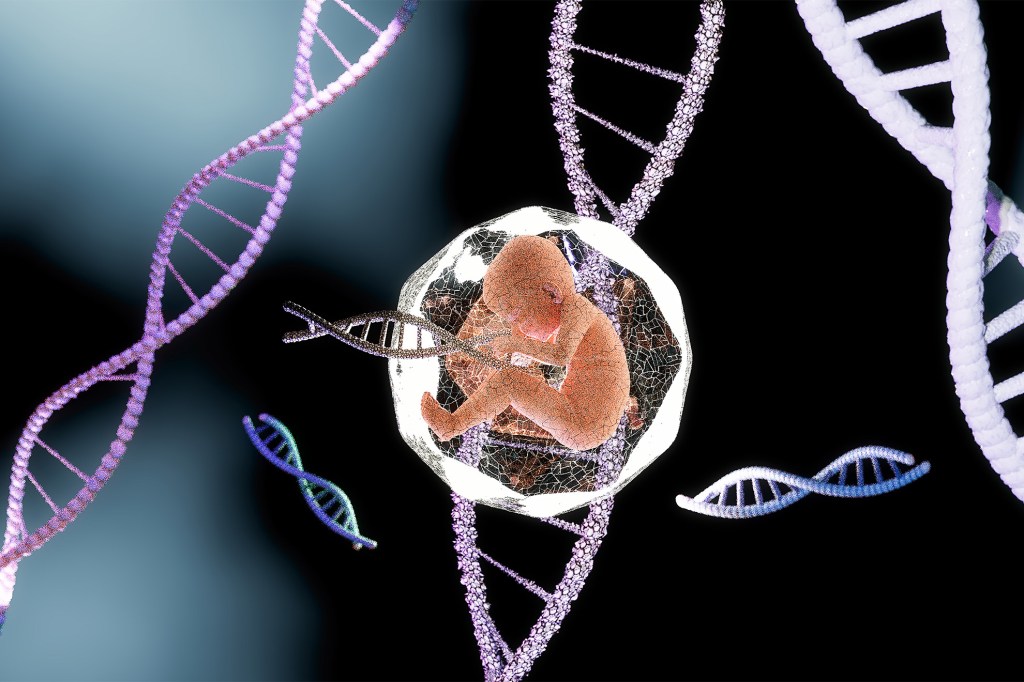
-
Team hits milestone toward prion disease treatment. For them, it’s personal.
Patient-scientist, husband among researchers who developed promising gene-editing therapy for rare, fatal condition
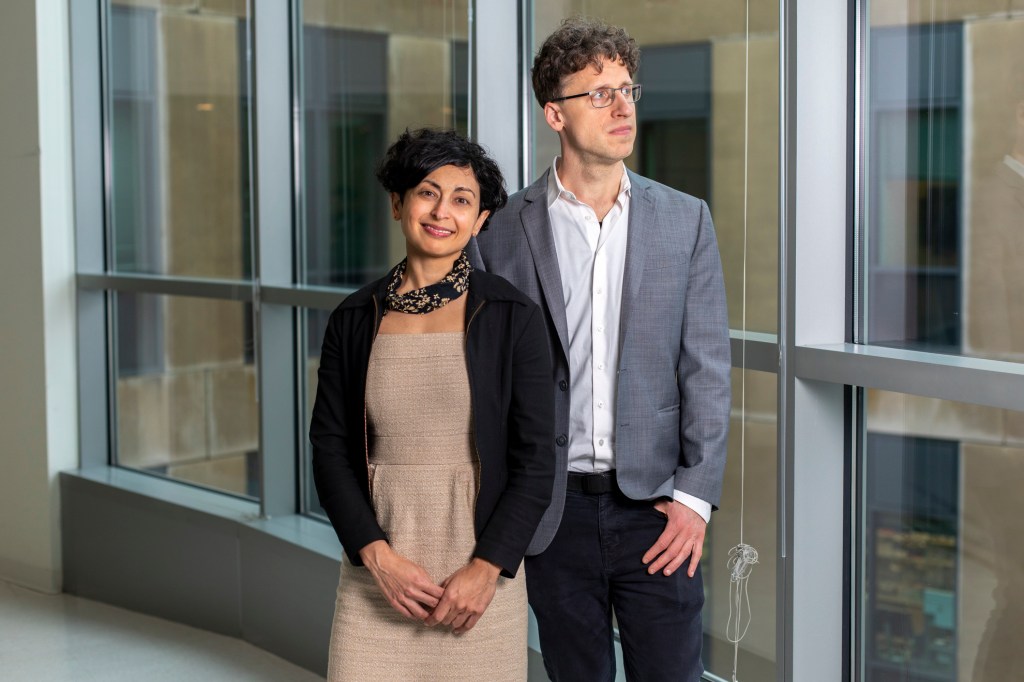
-
‘Chromosomal Jell-O’ could be key to treating genetic diseases linked to X chromosome
After decades of research, potential therapies for Fragile X and Rett syndromes come into view

-
Lower canopies show struggle for tropical forests
NASA technology guides scientists as they track health of ‘Earth’s lungs’

-
Researchers ID 17 risk factors shared by age-related brain disease
Study finds that modifying one factor can reduce risk of stroke, dementia, and late-life depression

-
AC use to surge as world gets hotter. Harvard startup has a solution.
Novel system works like a coffee filter to dry, cool air more efficiently
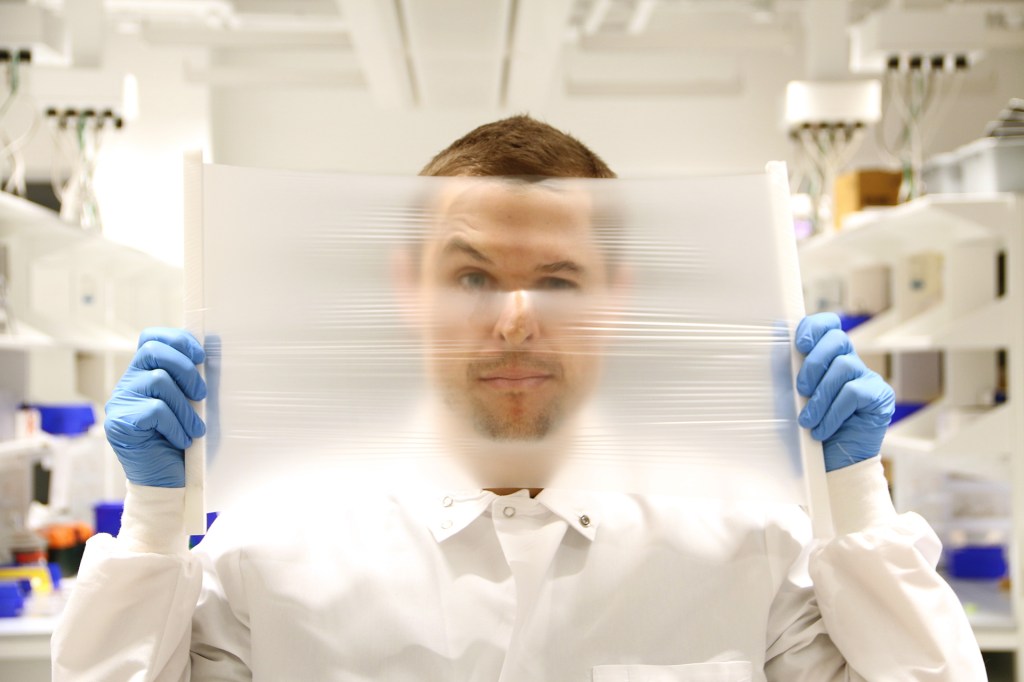
-
Mortality rates between Black, white Americans narrow — except in case of infants
70-year study finds widening gap despite longer life expectancy for both racial groups
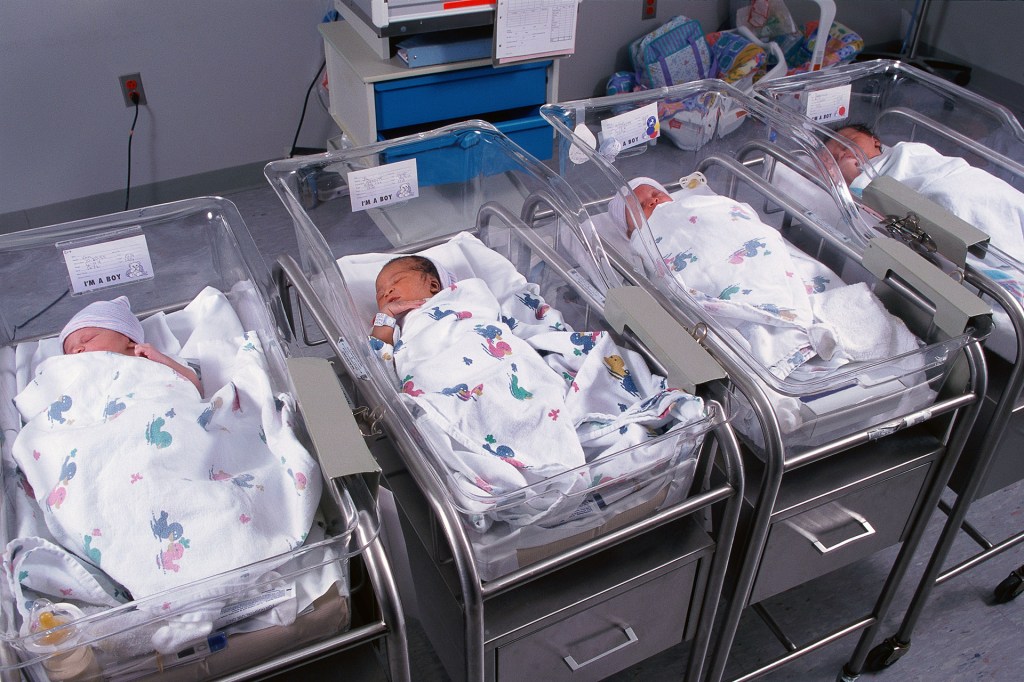
-
More evidence for power of exercise in study of colon cancer survival
Post-treatment physical activity narrows gap between patients and general population

-
Results from global collaboration raise questions about future of universe
CfA astronomers play crucial role in DESI analysis of dark energy, matter

-
How rat watching can yield benefits for people
New AI method lets researchers get better handle on brain-behavior link, may offer insights into disorders like autism
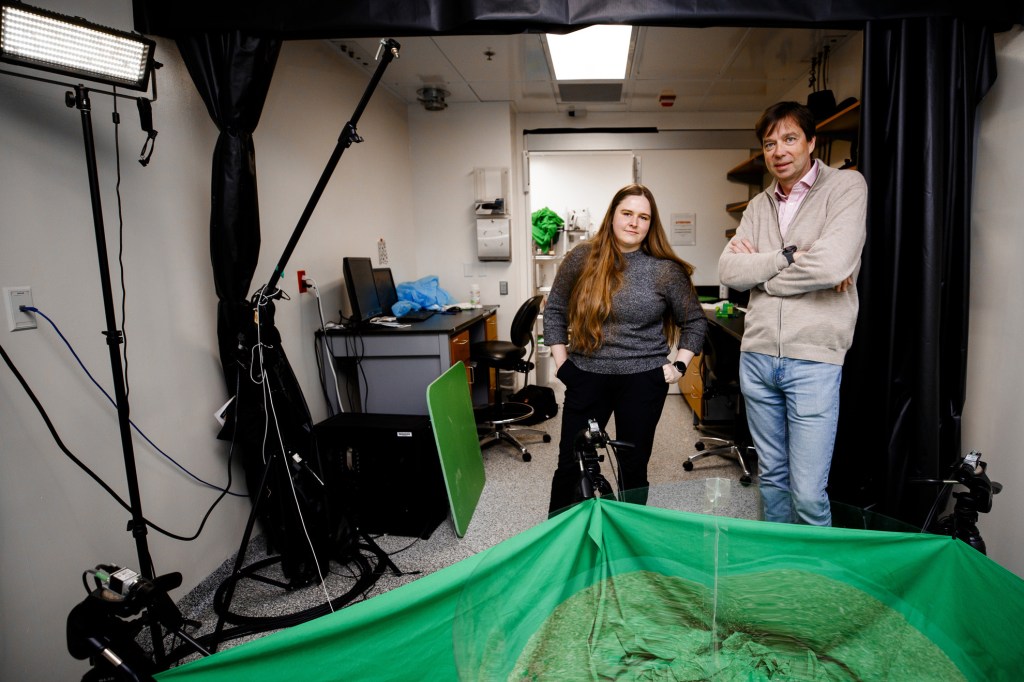
-
Sniffing out signs of trouble
Researchers develop at-home test to ID those at risk of Alzheimer’s years before symptoms appear
